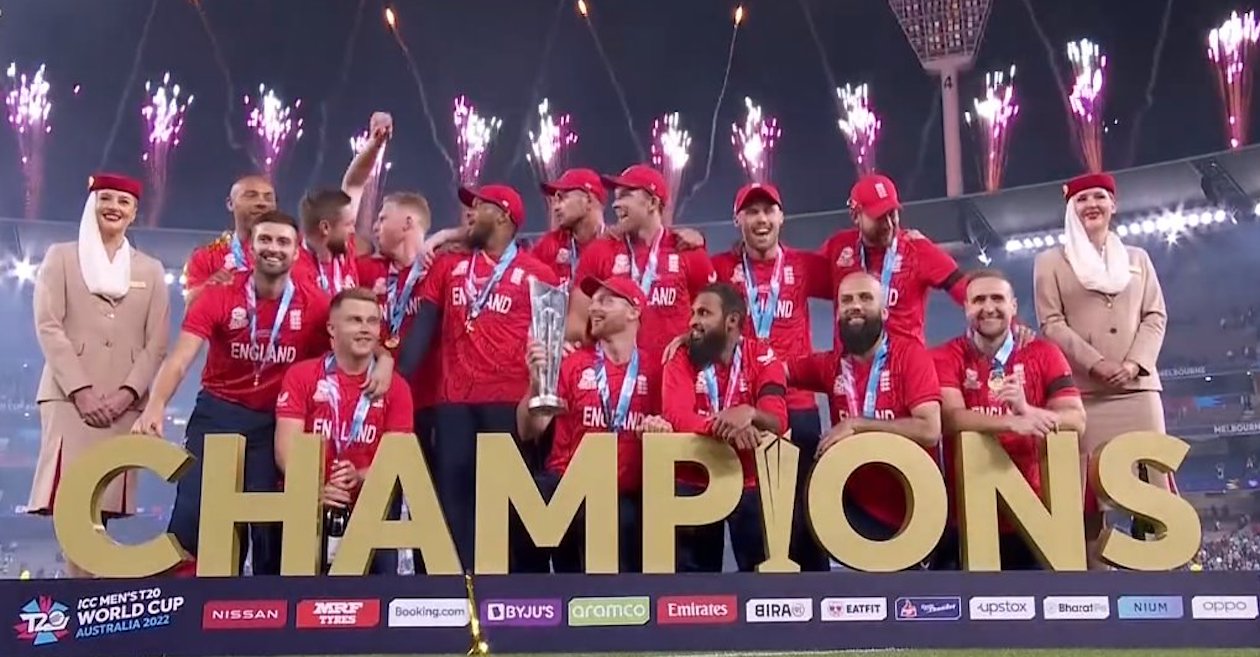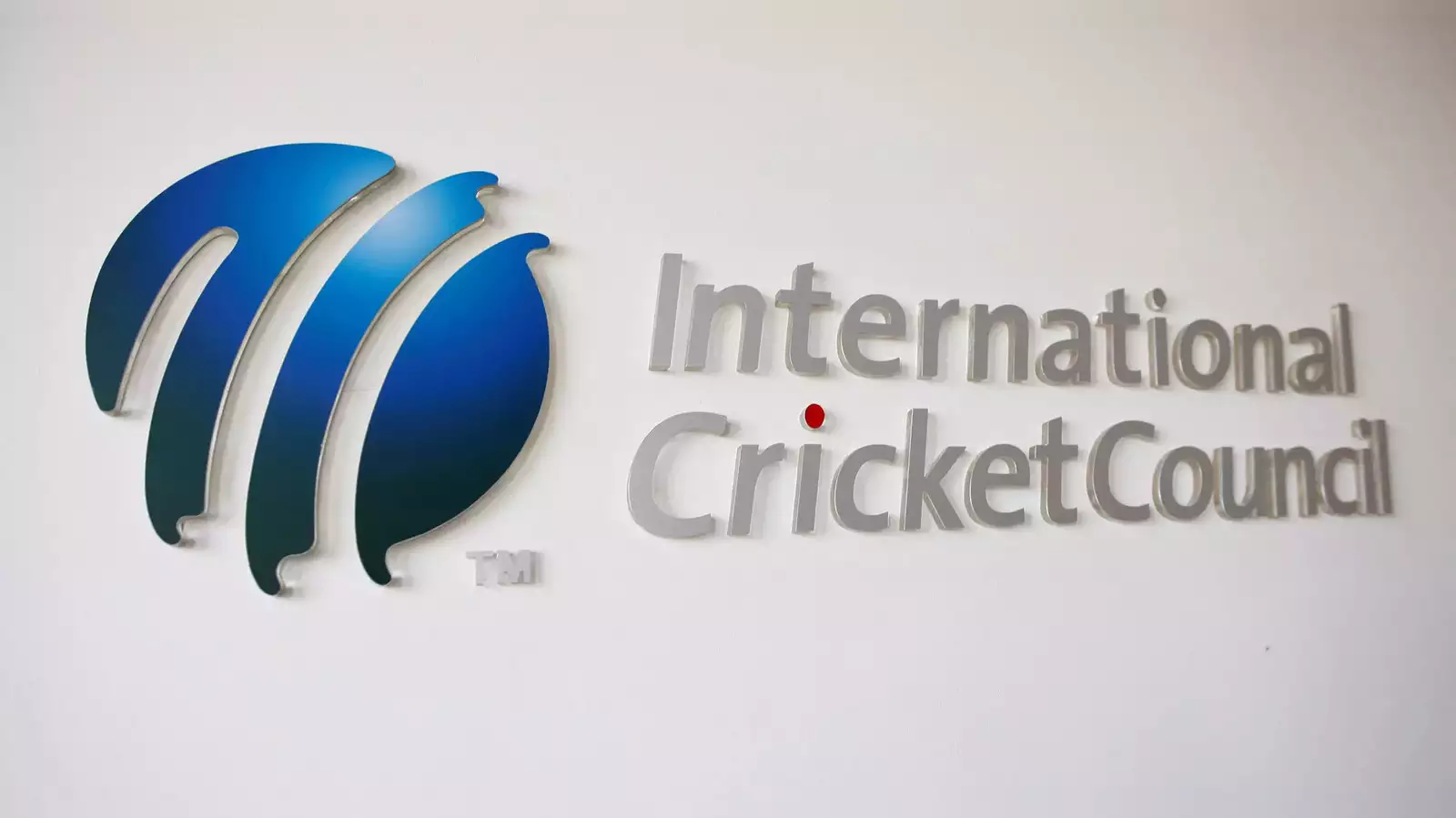The ICC T20 World Cup, since its inception in 2007, has provided cricket fans with thrilling matches and unforgettable moments. Different countries have risen to the occasion, showcasing their prowess in the shortest game format. Here’s a detailed look at the countries winning the T20 World Cup and how they became champions.

1. India – 2007
Location: South Africa
Final Match: India vs. Pakistan
Result: India won by 5 runs
Key Moments:
- Yuvraj Singh: Known for hitting six sixes in an over against England in the Super 8 stage.
- Gautam Gambhir: Scored a vital 75 runs off 54 balls in the final.
- Joginder Sharma: Held his nerve in the final over of the final match, taking the last wicket to secure India’s victory.
In the inaugural T20 World Cup, India emerged as champions under the leadership of MS Dhoni. Their path to victory was marked by aggressive batting, sharp fielding, and effective bowling.
2. Pakistan – 2009
Location: England
Final Match: Pakistan vs. Sri Lanka
Result: Pakistan won by 8 wickets
Key Moments:
- Shahid Afridi: Played a match-winning knock of 54* off 40 balls in the final.
- Umar Gul: Known for his excellent death bowling, taking 5 wickets for 6 runs against New Zealand in the Super 8 stage.
Pakistan’s journey to becoming the 2009 T20 World Cup champions was characterized by resilience and brilliance, particularly in their bowling attack.
3. England – 2010
Location: West Indies
Final Match: England vs. Australia
Result: England won by 7 wickets
Key Moments:
- Kevin Pietersen: Scored consistently throughout the tournament, including a crucial 47 in the final.
- Craig Kieswetter: Made 63 runs off 49 balls in the final, earning the Man of the Match award.
England’s first major ICC trophy win came through a well-rounded team performance, highlighted by aggressive batting and disciplined bowling.
4. West Indies – 2012 and 2016
Location: Sri Lanka (2012), India (2016)
Final Matches:
- 2012: West Indies vs. Sri Lanka
- 2016: West Indies vs. England
Results: - 2012: West Indies won by 36 runs
- 2016: West Indies won by 4 wickets
Key Moments: - 2012:
- Marlon Samuels: Scored a match-winning 78 off 56 balls in the final.
- Sunil Narine: Took crucial wickets and controlled the middle overs.
- 2016:
- Carlos Brathwaite: Hit four consecutive sixes in the final over to win the match.
- Marlon Samuels: Scored 85* off 66 balls in the final.
The West Indies team, known for its explosive batting and charismatic players, claimed the T20 World Cup twice, showcasing their dominance in the format.
5. Sri Lanka – 2014
Location: Bangladesh
Final Match: Sri Lanka vs. India
Result: Sri Lanka won by 6 wickets
Key Moments:
- Kumar Sangakkara: Played a vital innings of 52* in the final.
- Lasith Malinga: Led the bowling attack with precision, particularly in the death overs.
Sri Lanka’s triumph in 2014 was a culmination of consistent performances throughout the tournament, led by their experienced players.
6. Australia – 2021
Location: UAE and Oman
Final Match: Australia vs. New Zealand
Result: Australia won by 8 wickets
Key Moments:
- David Warner: Scored 53 off 38 balls in the final and was named Player of the Tournament.
- Mitchell Marsh: Made an unbeaten 77 off 50 balls in the final.
Australia, known for their dominance in other formats, finally claimed their maiden T20 World Cup title with a powerful all-round performance.
7. England – 2022
Location: Australia
Final Match: England vs. Pakistan
Result: England won by 5 wickets
Key Moments:
- Sam Curran: Named Player of the Tournament for his exceptional bowling.
- Ben Stokes: Played a crucial innings of 52* to steer England to victory in the final.
England’s second T20 World Cup win solidified their position as a strong force in limited-overs cricket. Each T20 World Cup has brought out the best in international cricket teams, providing fans with high-octane entertainment and showcasing the evolving strategies in the shortest format of the game.
